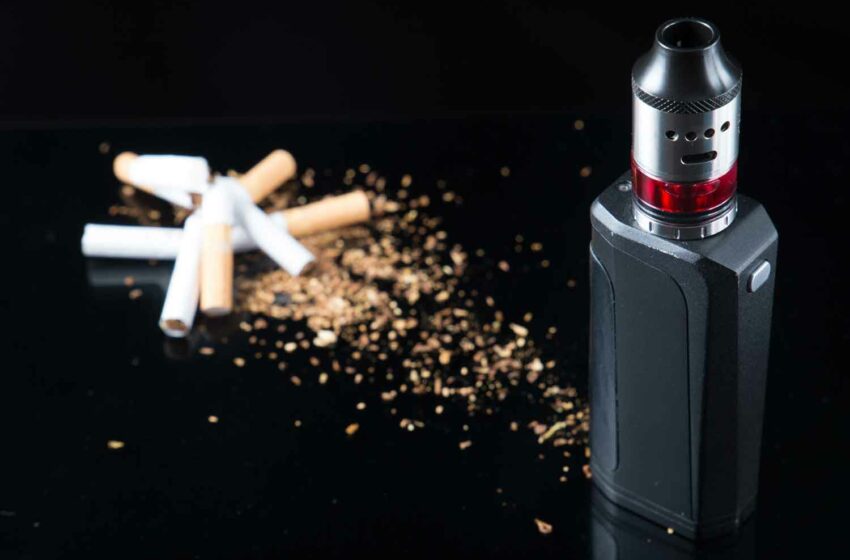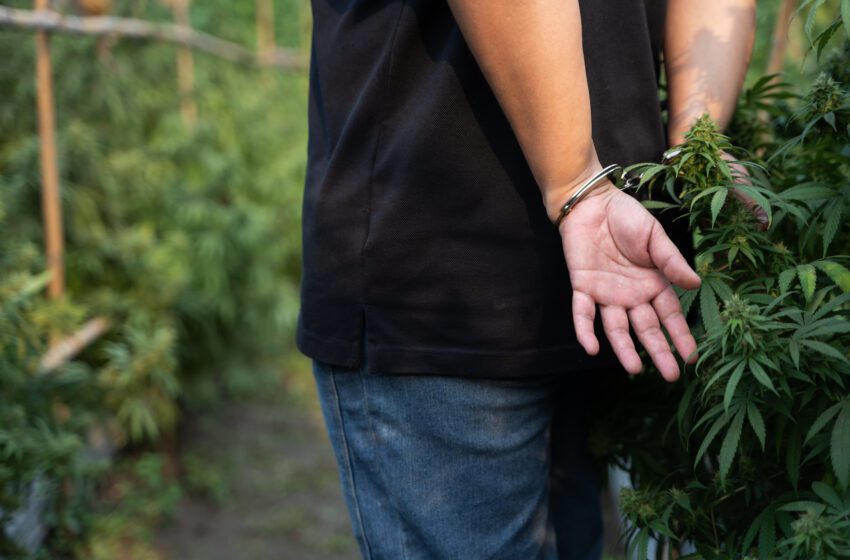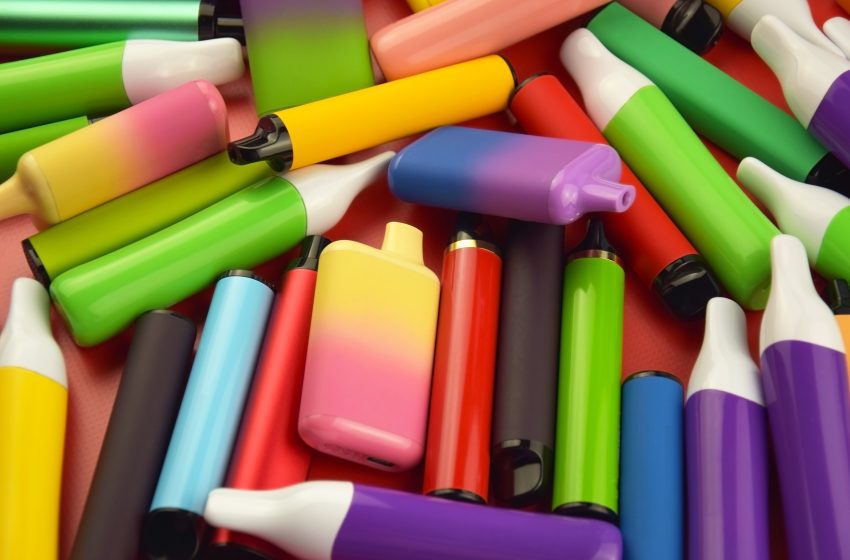
A new analysis conducted on the latest available U.S. National Health Interview Survey (NHIS) data through 2022 showed that population-level data suggest that smoking prevalence has declined at an accelerated rate in the last decade in ways correlated with increased uptake of e-cigarette use.
Since their market introduction, the question of whether combustion-free products could be a useful tool in the fight against cigarette smoking or simply a substitute has divided the scientific community. Over the years, technological innovation and the development of various products on the market have modified the health risk parameters related to the use of these tools, creating the basis for a redefinition of public health policies.
To date, vaping is at the center of scientific debate: both for adult smokers who cannot quit and see these products as a way to reduce exposure to toxic substances released by cigarette smoke, and for the concern over use by at-risk groups, such as younger individuals. Many experts believe that vaping represents a gateway to smoking.
According to the Center of Excellence for the acceleration of Harm Reduction, evidence for the gateway effect has not been detected in population-level studies on the prevalence of e-cigarette use and smoking among young people; indeed, smoking prevalence remains at an all-time low among U.S. adolescents and young adults, despite increases in e-cigarette use.
The new analysis “Increased e-cigarette use prevalence is associated with decreased smoking prevalence among U.S. adults” published in the Harm Reduction Journal is an update on a previous analysis modeling population-level prevalence that assessed whether and how much the introduction of e-cigarettes in the U.S. may be correlated with declining smoking prevalence among populations of U.S. adults using the NHIS .
Results showed that population-level data continue to suggest that smoking prevalence has declined at an accelerated rate in the last decade in ways correlated with increased uptake of e-cigarette use.
“We found that as ecig use increases at the population level, smoking prevalence tends to decrease, which is what you’d expect to observe if e-cigarettes were used as an alternative to cigarette smoking in the real world” said Floe Foxon, Pinney Associates researcher and author of the analysis, in a statement
“We also found that this possible substitution between e-cigarette use and smoking was most pronounced in groups that used e-cigarettes the most, which again would be expected if e-cigarettes were being used instead of cigarettes. While it is important to note that the study does not infer causality and that these methods have limitations noted in the paper, they do appear to support a growing body of literature including other simulation studies, econometric research, and randomized controlled controls which suggest that e-cigarettes substitute for cigarettes among adults.”




















